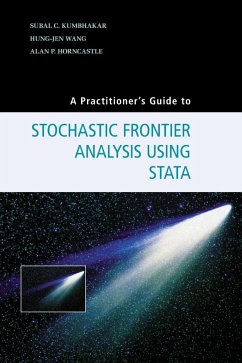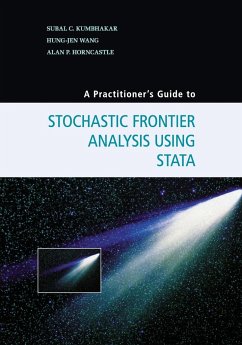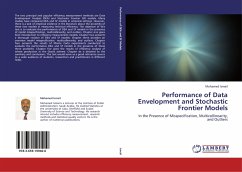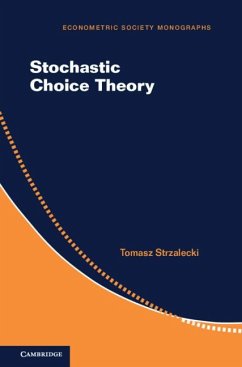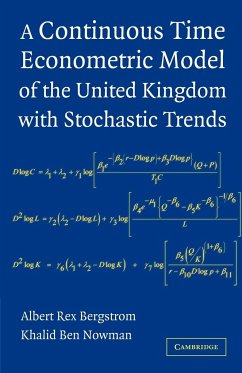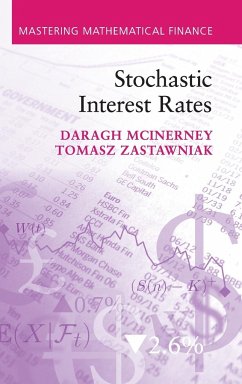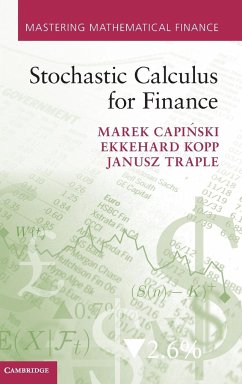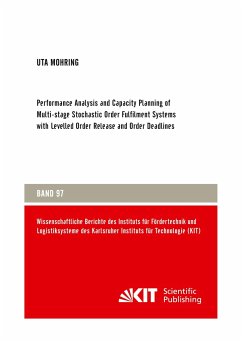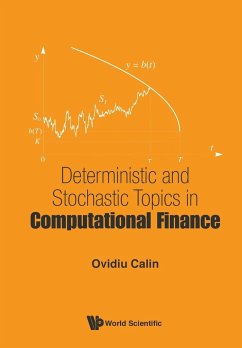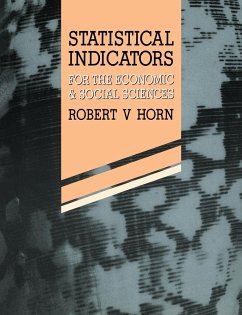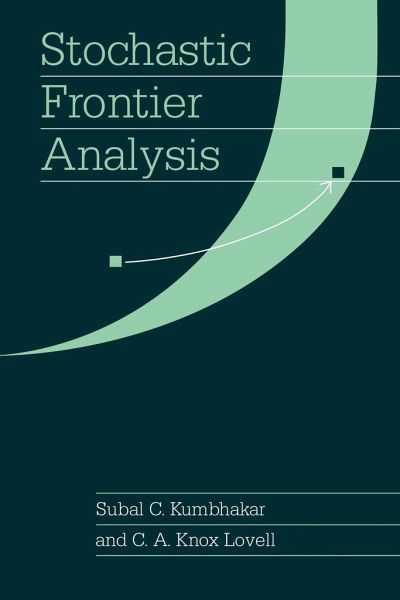
Stochastic Frontier Analysis
Versandkostenfrei!
Versandfertig in 1-2 Wochen
56,99 €
inkl. MwSt.
Weitere Ausgaben:

PAYBACK Punkte
28 °P sammeln!
This book develops econometric techniques for the estimation of production, cost and profit frontiers.Modern textbook presentations of production economics typically treat producers as successful optimizers. Conventional econometric practice has generally followed this paradigm, and least squares based regression techniques have been used to estimate production, cost, profit and other functions. In such a framework deviations from maximum output, from minimum cost and cost minimizing input demands, and from maximum profit and profit maximizing output supplies and input demands, are attributed ...
This book develops econometric techniques for the estimation of production, cost and profit frontiers.
Modern textbook presentations of production economics typically treat producers as successful optimizers. Conventional econometric practice has generally followed this paradigm, and least squares based regression techniques have been used to estimate production, cost, profit and other functions. In such a framework deviations from maximum output, from minimum cost and cost minimizing input demands, and from maximum profit and profit maximizing output supplies and input demands, are attributed exclusively to random statistical noise. However casual empiricism and the business press both make persuasive cases for the argument that, although producers may indeed attempt to optimize, they do not always succeed. This book develops econometric techniques for the estimation of production, cost and profit frontiers, and for the estimation of the technical and economic efficiency with which producers approach these frontiers. Since these frontiers envelop rather than intersect the data, and since the authors continue to maintain the traditional econometric belief in the presence of external forces contributing to random statistical noise, the work is titled Stochastic Frontier Analysis.
Table of content:
1. Introduction; 2. Analytical foundations; 3. The estimation of technical efficiency; 4. The estimation and decomposition of cost efficiency; 5. The estimation and decomposition of profit efficiency; 6. The shadow price approach to the estimation and decomposition of economic efficiency; 7. Incorporating exogenous influences on efficiency; 8. The estimation of efficiency change and productivity change.
Modern textbook presentations of production economics typically treat producers as successful optimizers. Conventional econometric practice has generally followed this paradigm, and least squares based regression techniques have been used to estimate production, cost, profit and other functions. In such a framework deviations from maximum output, from minimum cost and cost minimizing input demands, and from maximum profit and profit maximizing output supplies and input demands, are attributed exclusively to random statistical noise. However casual empiricism and the business press both make persuasive cases for the argument that, although producers may indeed attempt to optimize, they do not always succeed. This book develops econometric techniques for the estimation of production, cost and profit frontiers, and for the estimation of the technical and economic efficiency with which producers approach these frontiers. Since these frontiers envelop rather than intersect the data, and since the authors continue to maintain the traditional econometric belief in the presence of external forces contributing to random statistical noise, the work is titled Stochastic Frontier Analysis.
Table of content:
1. Introduction; 2. Analytical foundations; 3. The estimation of technical efficiency; 4. The estimation and decomposition of cost efficiency; 5. The estimation and decomposition of profit efficiency; 6. The shadow price approach to the estimation and decomposition of economic efficiency; 7. Incorporating exogenous influences on efficiency; 8. The estimation of efficiency change and productivity change.





